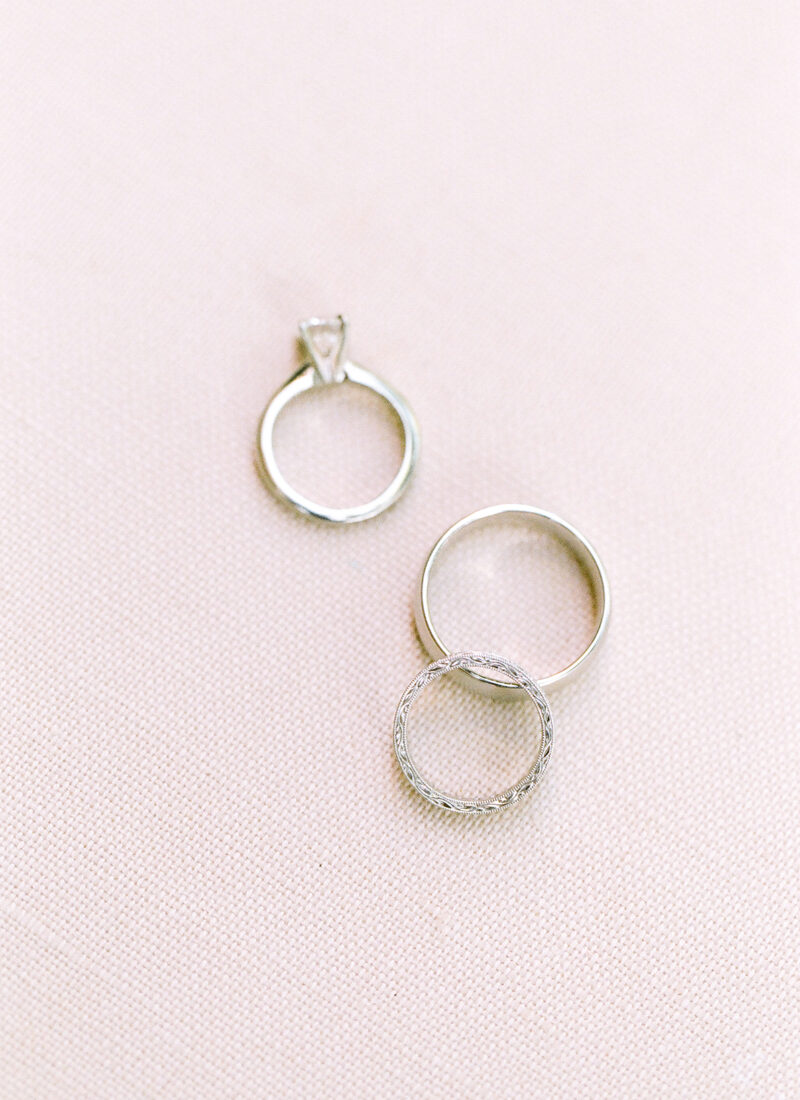We tend to believe that grief comes from the loss of someone that we love. And while that’s true, there are actually many other sources of grief in people’s lives.
Remember, grief isn’t about death, it’s about loss. We experience grief whenever we lose something, which means that it can show up frequently in our lives, even if there is no funeral to attend.
In this post, we take a look at some of the life experiences that can lead to grief and how to cope with them. Read on to learn more.

Divorce
Divorce is a devastating life experience. When a family breaks apart, it can lead to a host of challenging emotions, including the feeling of grief.
The form the grief takes depends on the circumstances. For instance, when a person discovers infidelity in their partner, they grieve over the loss of the person they thought they knew. They also grieve the loss of trust and intimacy.
In other situations, people grieve the loss of the family situation. When they find themselves living alone, separate from their partner, they can feel lonely or isolated. They may mourn the loss of all the time, money, and energy they put into the relationship.
Mortgages
Financial situations can also cause grief. For instance, before people take out a mortgage on their home, they often feel free. But then when they plow all of their efforts into a home, they suddenly experience a loss of freedom they didn’t expect. All of a sudden, they’re locked into paying back a bank for the next 25 years.
Change To A Different Line Of Work
Losing a particular line of work is another common cause of grief. When you lose work that you love and have to do something different, it can be extremely disruptive. You might not like the work that you have to do. Or it might be too challenging. Whatever it is, you can feel like your life has suddenly taken a wrong turn.
A Child Leaving Home
Many parents become attached to their children living at home. They love their cozy family lives in their homes.
Of course, eventually, the inevitable happens. Children leave for their own careers and families. And this loss can take a devastating toll. Parents can struggle to know what they should do in their lives after the children leave. They also mourn the loss of their kids and the enjoyment that being with them brings.
Personal Injury
Losing one’s health is another major grief trigger. For the first part of life, you get used to generally feeling good and being able to do what you want with your body. But, eventually, something goes wrong and you find yourself less capable than you were before. Loss of health generates the mourning process.
Personal injury can be particularly challenging because, in many cases, it’s not your fault. Someone else was to blame. Therefore, you have to deal with anger, too, in addition to the grief you feel.
Change In Financial Status
Wealth is something that comes and goes. At some point in your life, you’ll feel financially healthy. At others, you’ll feel broke. That’s just the way things are.
A negative change in your financial status can lead to a profound sense of loss. When you work hard for money but lose it all because of a financial crash, profligate spending, or crime, it doesn’t feel good. You had a lot of money before, but now you’re broke.
This loss can trigger the mourning process. Suddenly, you feel the pain of losing all the time and effort that you put into earning the money you made in the first place.
Career Loss
Many people who come to the end of their careers feel a sense of profound loss. While they were working, they had a clear sense of purpose. But after they retire, they have nothing to occupy their minds, creating a sense of loss.
For some people, flag cases can help. And for others, remaining in a consultancy role is an option. But perhaps the best way to deal with this sort of grief is to find a new focus. It doesn’t necessarily have to be the same as one’s career.
Vacation Time
When vacations come to an end, many people experience a profound sense of loss. Precious time away from work is over and now they have to get back to the grind. It’s not fun.
The sense of loss is particularly acute when the end of the vacation coincides with the end of the school break. As children, many of us were horrified about having to go back to school after Christmas or the summer holidays. And many of us have the same sense today.
Eating Habits
Going on a diet or making a commitment to change your eating habits is another possible source of grief. For many people, dieting is a medical necessity. But when we have to stop eating the foods that we love, it creates a sense of loss. Many of us cannot imagine living the rest of our lives without beef, cake, or pizza.
When our eating habits change, it can trigger a sense of mourning. And if it does, it often means that the alterations are unsustainable. Fundamentally, it means that we cannot accept the changes that we are forcing on ourselves.
A Change In Sleeping Habits
Believe it or not, a change in sleeping habits can lead to grief, too. Many parents experience this first-hand with the birth of a child. The baby screams all night, preventing them from getting the sleep that they need.
People mourn their old lives when they were able to sleep from 10 pm all the way through until morning. They miss feeling awake and alert for work and having plenty of energy throughout the day.
Pregnancy
Lastly, pregnancy can cause grief. That’s because it entails the loss of former freedoms. When you become a parent, you have to take on significant responsibilities.
If you enjoyed this post head over to my 7 Everyday Choices for an Eco-Friendly Bedroom Design and Ways To Style Your Home With Fine Art America Prints




Kayleigh,
You are right. Grief is mostly associated with loss of a loved one, but any loss or drastic change causes grief too.
“Grief, I’ve learned, is really just love. It’s all the love you want to give, but cannot. All that unspent love gathers up in the corners of your eyes, the lump in your throat, and in that hollow part of your chest. Grief is just love with no place to go.”~ Jamie Anderson
Share the post.
H Emma
Grief is so present in our lives at almost every stage. It’s important to talk about just how much it can affect us.
Thanks for sharing.
Very true, it’s sucks going back to work after having a blast going on a vacation.
“grief isn’t about death, it’s about loss” – this is absolutely spot on. Loss of any kind can be devastating and it’s really important that we realise, accept, and behave accordingly, whether that’s towards ourselves or others. Great post, Kayleigh.
I have experienced grief for financial reasons before. I agree that these are all certain reasons for grief.
This is all very true. When I split with my first husband, even though we both knew it was for the best, it did feel like I had lost a big part of my life and I didn’t expect to feel like that.